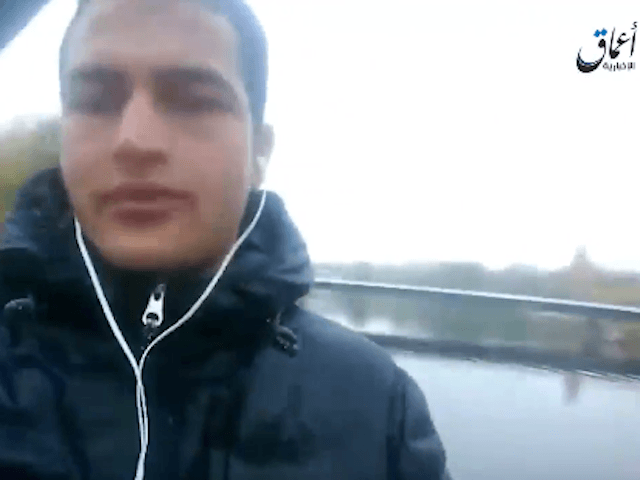A new report claims German authorities knew that Anis Amri, the Tunisian migrant who committed the Berlin Christmas market massacre, had Islamic State contacts – but thought he was unlikely to commit a terror attack.
The German Federal prosecutor’s office has now confirmed that 24-year-old Tunisian failed asylum seeker Anis Amri was the man behind the terror attack in Berlin last month that killed 12 people and injured more than 50. The investigation into the crime has also yielded some startling revelations about how much German security services knew about Amri before the attack, Die Presse reports.
Documents from the German domestic intelligence agency, known as the Agency for the Protection of the Constitution, have shown that German authorities were aware of Amri for almost a year. They also show that the agency knew he had contacts with Islamic State who took responsibility for his attack shortly after.
Amri had been considered a threat by authorities since February 17th, 2016, after it was discovered not only that he was in communication with members of the terror group, but was also actively seeking ways to help them including offering himself up as a suicide bomber candidate, wanting to build bombs, or be an accomplice to an attack.
It is unknown why the intelligence agency did not act on the information, but rather the agency determined an attack from the 24-year-old was unlikely.
It is thought that Amri may have had help to carry out the Christmas Market massacre and on Wednesday a warrant was issued for the arrest of one of his friends, a 26-year-old Tunisian who had known Amri since 2015, who was living in a Berlin asylum home. The warrant issued relates to benefit fraud as the terror connection is still ambiguous. However, authorities believe the man may have had a hand in the attack as he met with Amri in a cafe the night before the attack.
According to investigators, Amri fled Berlin and travelled to the Netherlands and then on to France and Italy where he was finally shot and killed by police in Milan. Amri is confirmed to have been in Amsterdam two days after the attack leaving investigators to speculate what he did during the day of December 20th and whether or not he met with any contacts who helped either shelter him in Germany or helped him flee to Italy.
It is believed that Amri was radicalised while in an Italian jail as he served a four-year term for arson of a migrant centre and may have been travelling back to Italy to meet with fellow Islamic State fighters and sympathisers.

COMMENTS
Please let us know if you're having issues with commenting.